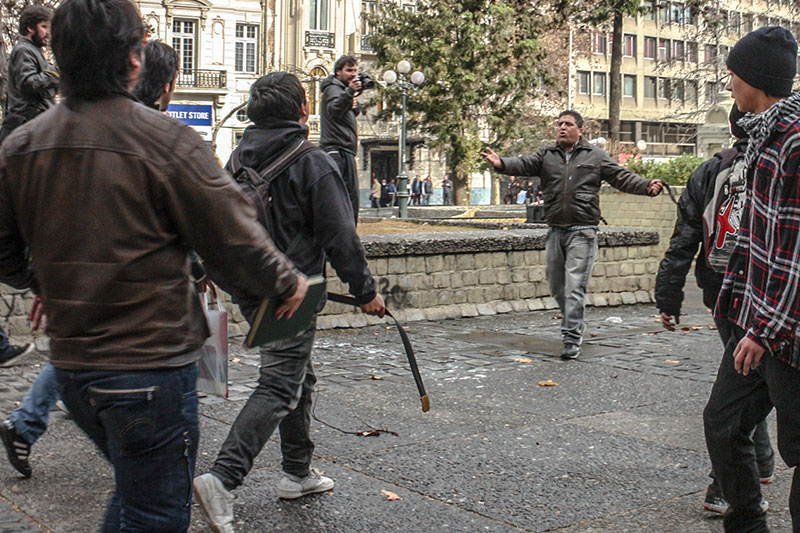Less than a year after Baltimore prosecutors ordered staff not to charge illegal immigrants with minor, non-violent crimes because it could get the offenders deported, Maryland’s largest city will hire immigration attorneys to help those facing removal.
It’s important to note that Baltimore has the nation’s highest per capita homicide rate and has been coined the deadliest big city in the United States by a mainstream newspaper. Nevertheless, a city panel approved spending $200,000 this month to pay for lawyers to represent illegal aliens with deportation orders.
Baltimore Mayor Catherine Pugh says in a local news report that the goal is for everyone to get due process. “We’re not making a decision as to their status, we’re making the decision to be supportive of individuals who live in our city,” according to the mayor.
Unlike the criminal justice system, in immigration court the government doesn’t offer free lawyers to those who can’t afford them. This means that illegal aliens who don’t have the money to pay for one must represent themselves in legal proceedings or rely on volunteer attorneys or paralegals provided by immigrant rights groups. This leaves many illegal aliens in removal proceedings without adequate legal representation.
The trend of using taxpayer dollars to assist illegal aliens in deportation proceedings started under the Obama administration. In 2015, the former president allocated $2 million to hire attorneys to represent the influx of illegal alien minors in federal immigration proceedings. The money flowed through a special program, Justice AmeriCorps, launched by the Department of Justice (DOJ) Executive Office for Immigration Review (EOIR).
In response to the Trump administration’s immigration enforcement policies, American sanctuary cities took matters into their own hands by creating local funds to help illegal aliens facing deportation. Chicago’s City Council led the way by approving a $1.3 million legal defense fund and the city of Los Angeles followed with a $10 million fund to help illegal immigrants dodge justice.
Shortly after the city announced its special immigrant legal project, the Los Angeles County Board of Supervisors offered to kick in another $3 million to provide more lawyers. The only L.A. County Supervisor who voted against the fund said it’s irresponsible to allocate taxpayer money for such a program. In the city’s case, the city attorney, whose office prosecutes crimes and represents L.A. in litigation, said the money will ensure that there is “more fairness and more effectiveness in the immigration system,” which, of course, is a federal and not a state matter.
Baltimore took it a step further by also creating a policy to go easy on alien criminals in state cases to avert collateral immigration consequences. An internal memo issued by Baltimore’s Chief Deputy State’s Attorney in mid-2017 instructs prosecutors to think twice before charging illegal immigrants with minor, non-violent crimes.
The chief deputy, Michael Schatzow, writes in the memo that the Trump administration’s deportation efforts “have increased the potential collateral consequences to certain immigrants of minor, non-violent criminal conduct.” Schatzow is second-in-command to Baltimore’s top prosecutor, Marilyn Mosby, and oversees major crimes at the state agency. “In considering the appropriate disposition of a minor, non-violent criminal case, please be certain to consider those potential consequences to the victim, witnesses, and the defendant,” Schatzow wrote to his staff.
Besides Baltimore, two Maryland counties—Montgomery and Prince George’s—offer illegal immigrants sanctuary. When the Trump administration announced it would enforce immigration laws, Baltimore Mayor Pugh reiterated that police and other public agencies in her city never ask about immigration status.
“We are a welcoming city,” the mayor said in a local news report. “We want everyone here. We want to be able to provide opportunities and jobs and careers for folks. That’s where we are in Baltimore.” This year Maryland legislators tried to pass a measure to make the state an official illegal alien sanctuary but the bill, known as the Trust Act, hit a roadblock in a Senate committee after passing in the House of Delegates and the governor has vowed to veto it even if it survives.























